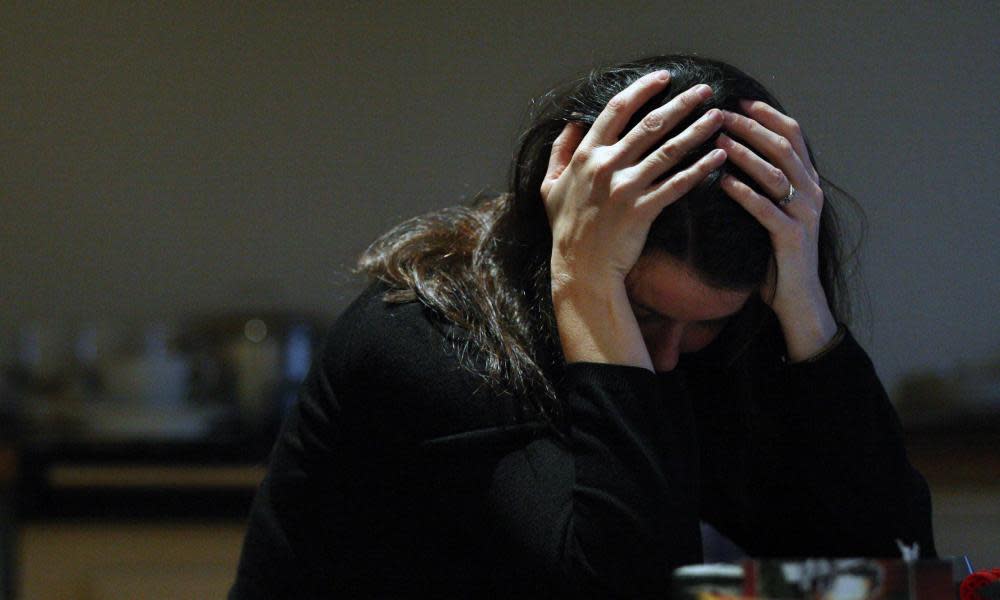Make social media accounts private, says survey of young

Thousands of young people have said that they want their Twitter, Instagram and other social media accounts to be automatically private as a way of protecting themselves from unwelcome attention online.
The proposal is one of the key changes that 3,400 young people aged 14 to 25 in England called for in a survey focusing on the huge rise in mental ill health seen in their age group in recent years.
Letting young people choose who sees their postings would help stop sometimes personal material being shared widely, which can lead to them being abused or bullied online.
“Social media is not always a great place for young people. They face significant pressures to conform to what’s ‘normal’ or desirable, comments from cyberbullies liberated by not being able to see their targets, and risks from predatory behaviour,” said Sarah Allan, head of engagement at Involve. It is one of two charities which have overseen the project, called MH:2K, which was funded by the Wellcome Trust.
“Making social media accounts automatically private would make young people fully aware of who sees what they post online. Young people have told us that they sometimes put themselves at risk by not understanding the implications of who they are making information available to.”
The teenagers and young adults surveyed also say they want:
Social media platforms to include an option to hide likes, followers and comments.
A “social media mental health service” through which they can access online support.
Schools to rethink punishments to reflect the fact that some pupils may be feeling low when they misbehave.
Teachers and everyone working with young people to undergo compulsory mental health training.
NHS mental health treatment for young people to be available in youth and community centres.
Simon Stevens, the chief executive of NHS England, last month urged the government to introduce a levy on social media firms like Facebook to help pay for the rising cost of mental health problems among young people.
“Any action to support young people’s mental health and wellbeing should be taken seriously, and these recommendations are particularly powerful given that they come directly from young people themselves,” said Claire Murdoch, NHS England’s national director for mental health.
“Everyone must start taking responsibility, including social media giants, to help stem the tide of mental ill health in our country so the NHS is not left to pick up the pieces of a mental health epidemic in the next generation.”
Theresa May has pledged to improve children and young people’s mental health and that the NHS’s forthcoming long-term plan, which is due early next month, will include a dramatic overhaul of services for them.
However, Prof Sue Bailey, the chair of the children and young people’s mental health coalition, said that while “the government is making positive strides, [it] still has a long way to go to realise its vision to radically transform child and adolescent mental health services”.

 Yahoo News
Yahoo News 
